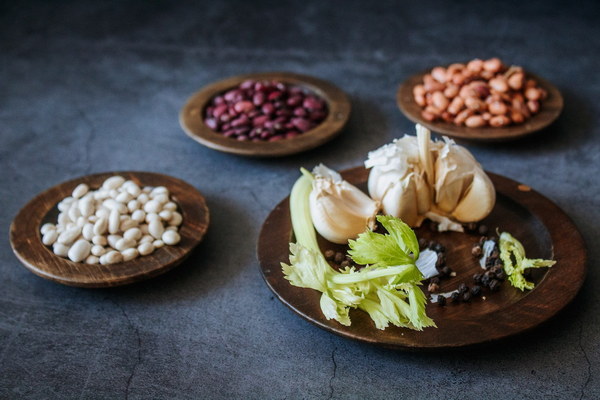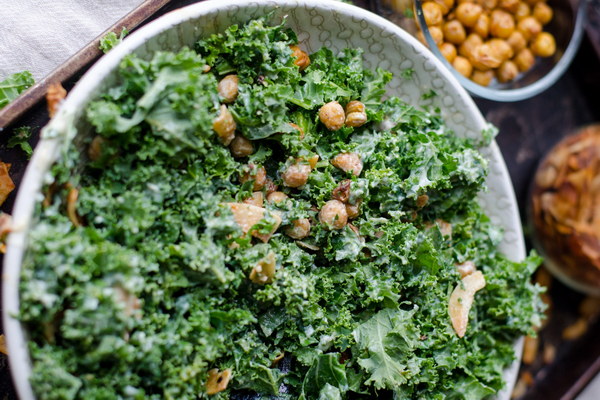Enhancing Liver Health in Chicken Farming Essential Practices for Optimal Chicken Welfare
Introduction:
Liver health is a critical aspect of chicken farming, as it directly impacts the overall well-being and productivity of the flock. Ensuring that chickens have a healthy liver is essential for their growth, egg production, and disease resistance. This article discusses various practices that can be implemented to promote liver health in chickens, providing insights into optimal chicken welfare.
1. Proper nutrition:
A balanced diet is crucial for maintaining liver health in chickens. Feeding chickens a diet rich in essential amino acids, vitamins, and minerals supports liver function and aids in the detoxification process. Key nutrients include:
a) Amino acids: Tryptophan and methionine are vital amino acids that aid in the synthesis of liver proteins and bile acids, which are necessary for digestion and detoxification.
b) Vitamins: Vitamin E, B12, and niacin are essential for liver function. These vitamins can be obtained through a well-balanced diet or supplemented if necessary.
c) Minerals: Selenium and zinc play a vital role in liver metabolism and antioxidant defense mechanisms.
2. Avoiding liver damage:
To protect the liver from damage, it is essential to minimize exposure to harmful substances and stressors. Here are some ways to achieve this:
a) Limit exposure to mycotoxins: Mycotoxins are toxic compounds produced by certain molds that can contaminate feed. Implementing a mold prevention strategy and using high-quality feed can help reduce mycotoxin exposure.
b) Control parasitic infections: Parasites such as cestodes and trematodes can cause liver damage in chickens. Regular deworming and maintaining clean, well-drained housing can help control these infections.
c) Minimize stress: Stress can lead to liver inflammation and dysfunction. To reduce stress, provide a comfortable environment with appropriate ventilation, lighting, and space for the chickens to roam.
3. Regular health checks:
Monitoring the health of your flock is essential for early detection of liver issues. Regular health checks can help identify signs of liver disease, such as:

a) Jaundice: Yellowing of the skin, feathers, and eyes can indicate liver dysfunction.
b) Lethargy: Lethargic chickens may be suffering from liver disease.
c) Loss of appetite: A decrease in appetite can be a sign of liver problems.
Implementing a regular health monitoring program can help identify and address liver issues early, improving the overall welfare of the flock.
4. Preventive care:
In addition to the above practices, it is important to consider the following preventive measures:
a) Regular vaccination: Vaccinating chickens against infectious diseases can help reduce the risk of liver damage caused by secondary infections.
b) Hygiene: Maintaining clean and hygienic housing conditions can help prevent the spread of diseases and reduce the burden on the liver.
Conclusion:
Ensuring liver health in chickens is essential for their overall well-being and productivity. By implementing proper nutrition, avoiding liver damage, conducting regular health checks, and taking preventive measures, chicken farmers can create an environment that promotes optimal chicken welfare. By focusing on these practices, you can ensure a healthy, productive flock that thrives in your chicken farming operation.









